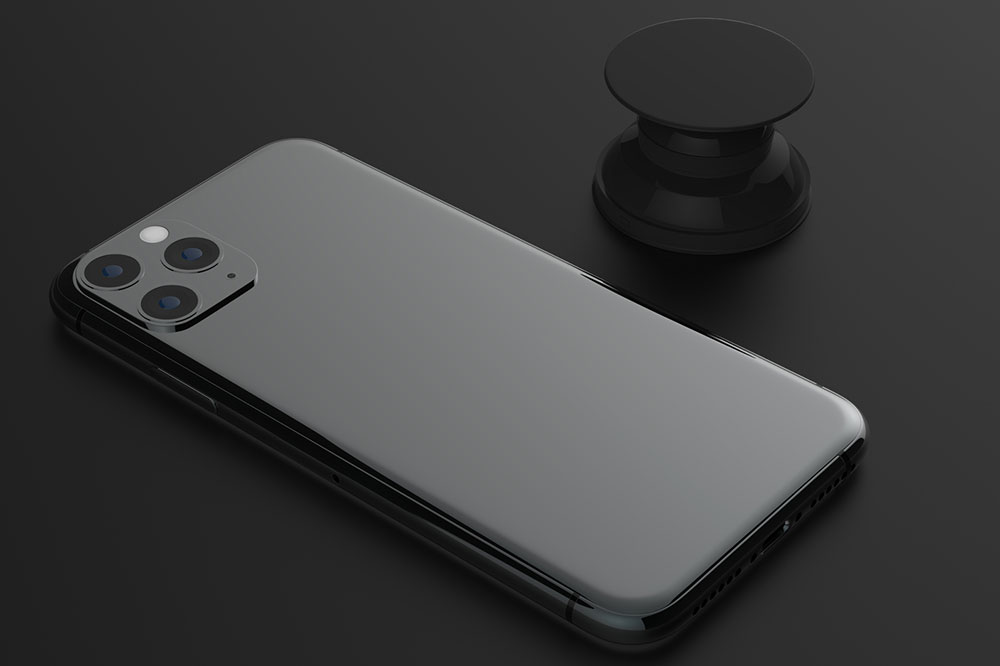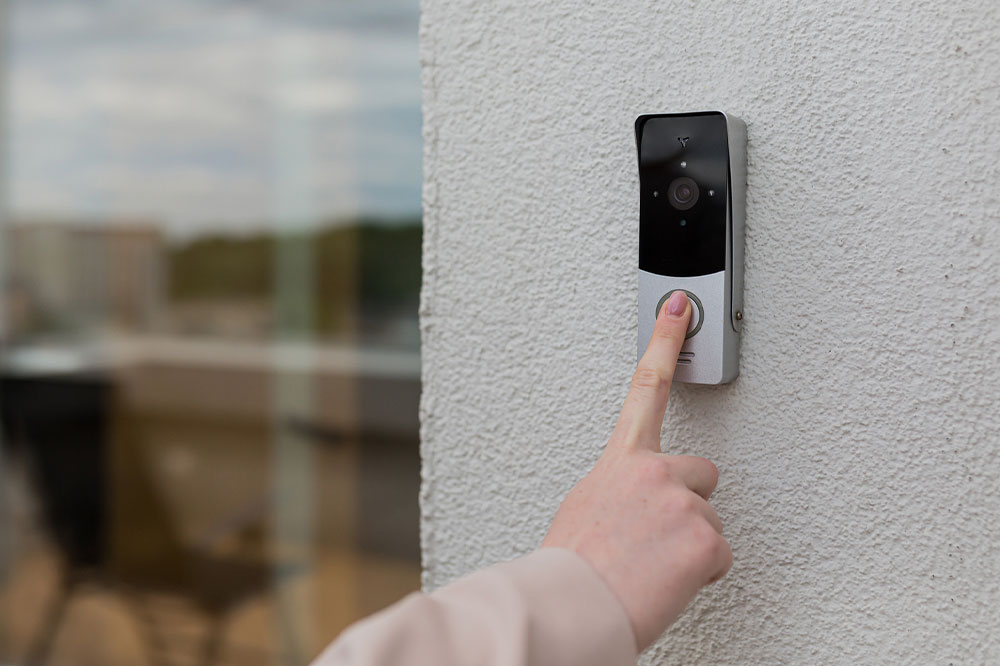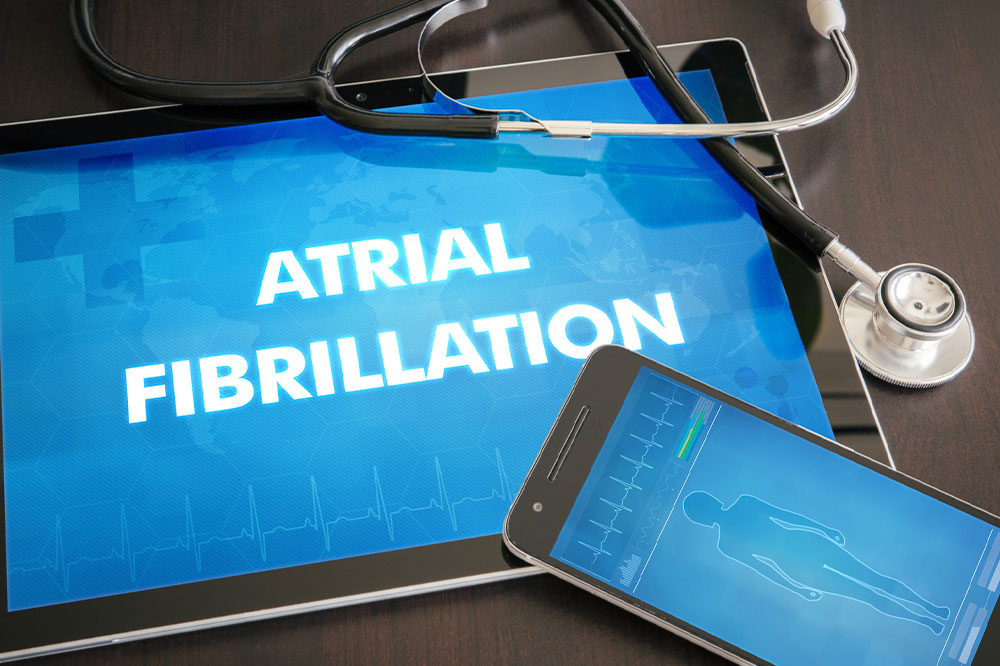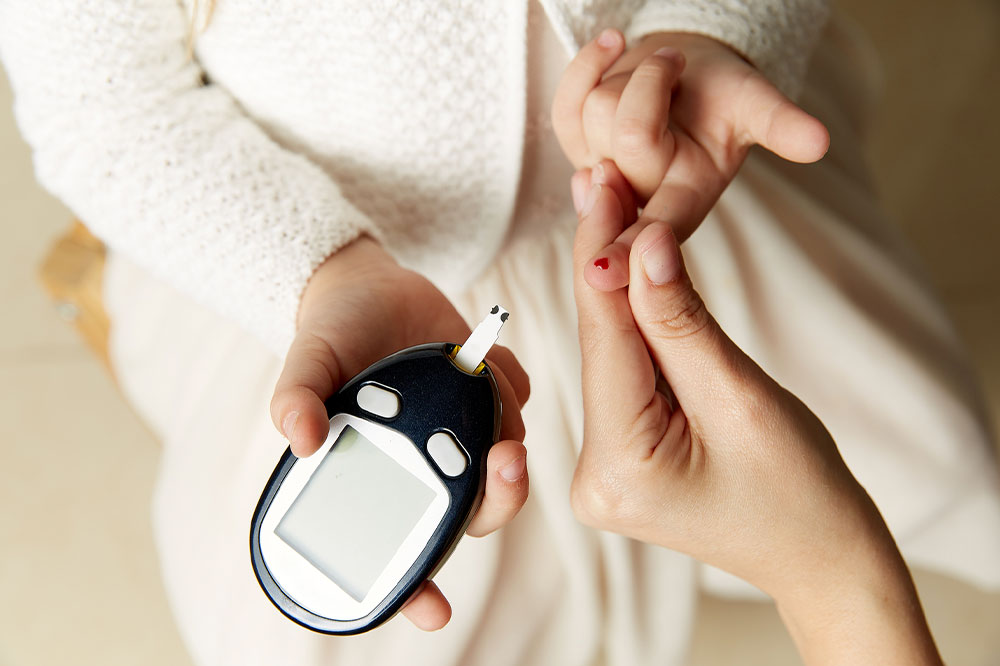Errors When Buying Smartphones and Habits to Avoid

Checking your phone right after waking up, before even brushing your teeth, is probably a normal part of your life. This habit is why smartphones are considered indispensable today, making it important to choose the right gadget and use it well. Doing some research can help you avoid making expensive mistakes and adopting harmful habits that increase your dependence on electronics. So, the next time you buy a smartphone, avoid the following errors:
Mistakes when buying a phone
Choosing form over function
Some smartphones are marketed as the best-looking phones you can find. Such claims can be deceiving, but they can entice you into buying a more expensive phone than you intended. Or you might settle for a smartphone that looks good but does not have the features you need. So, doing your research and checking the features and functionality of the smartphone model before purchasing it is ideal. You can always find a visually appealing phone that also has excellent features.
Choosing curved displays
Another captivating but often misleading feature is a curved display. While some find it attractive, brands can make it seem like smartphones with curved displays have better technology. This claim is only sometimes valid, and curved displays come with their pros and cons. Curved displays are more difficult to grip, and this, along with the flimsier panel, makes the phone likely to slip and get scratched. Accidentally touching the screen becomes more likely here due to the extended display, so if you enjoy gaming, avoid getting a smartphone with a curved display.
Consulting too many people
Family, friends, coworkers, and sales representatives, almost everyone has an opinion on which smartphone is the best and the plans you should buy. When you ask someone for advice, their opinions are likely clouded by their own experiences. You would be the person using your smartphone, so your preferences should guide your decision-making process. You are likely changing your smartphone for multiple reasons, so consider what you like and do not, what you use it for, and why you want a change. Answering all these questions could lead you to the most suitable smartphone for you and avoid letting too many people confuse you.
Falling for fancy vocabulary
No one understands absolutely everything about technology. Sometimes a technology we believe could be exciting might be ordinary and unnecessary. A phone with vapor cooling chambers is one such example; the feature is a good idea for only a few smartphones. Another misleading factor is the megapixel count. The quality of images captured by the phone camera depends on aspects like the size of the aperture and computational photography algorithms than just the number of megapixels. Similarly, you must have come across the term “peak brightness” of over 1500 nits. It refers to the ability of a small number of pixels that can shine for a short duration. But most modern smartphones, on average, max out at 800 nits.
Habits to avoid
Using your phone in bed
After the stimulation of the whole day, using the phone in bed can make it harder for your brain to produce melatonin—the sleep hormone that helps you relax. While it can be tempting to lay in bed and scroll through your social media feed, putting your smartphone away at least an hour before bed can help you wind down. This can also reduce eye strain, headaches, and blurred vision, which excessive screentime can trigger.
Relying on phones to remember key details
Your smartphone, by definition, is brilliant, but it is important not to make yourself completely dependent on the gadget. So, you should use the phone camera for pictures and note apps to remind you about work tasks. But using your phone to prompt family members’ phone numbers, birthdays of loved ones, and even names of coworkers can be a sign of digital amnesia—forgetting information that you expect a gadget to store. This can affect the normal functioning of memory and interfere with your productivity if you cannot access the phone for a while.
Constantly checking your phone
Texts, alerts, and social media updates constantly grab your attention. Thanks to unlimited phone plans, you are connected to the world throughout the day. However, frequent notifications chip away at your focus. Social media use is directly related to lowering the attention span and tends to erode your attentiveness. Social media can be an excellent outlet, but it can make you feel restless, left out, or envious in the long run. Instead of deleting your account or an app, set aside a few smartphone-free hours every day. Let your family and friends know when you might not be on your phone, and ensure you can still get notifications in emergencies.
Not cleaning the screen
You probably take a shower every day. If you wear glasses, you might wipe them often. Your home also gets cleaned often. But do you remember when you last cleaned your phone screen? You put it on your face, touch it with your hands, and stow it in a bag or pocket with all sorts of things. This makes your phone the ideal breeding ground for bacteria. The best way to fix this is to use a soft, lint-free fabric and a liquid solution to wipe your smartphone regularly.
Not choosing the right plans
A good phone can achieve excellence through a perfect phone plan. You can expect a fast connection and unlimited data with a good plan. US Cellular offers some of the best wireless unlimited phone plans with unlimited talk, call, and data, 50GB priority data, full HD streaming, unlimited LTE Data, and 30GB Hotspot access for just $44.99 per connection. US Cellular offers two other plans as part of the Promotional Unlimited—Basic and Everyday—at lower prices and with fewer features. You can also check out US Cellular’s three Unlimited Evolved plans, where the more lines you add, the more you save. So, consider opting for reliable wireless unlimited phone plans to get the most out of your smartphone.







